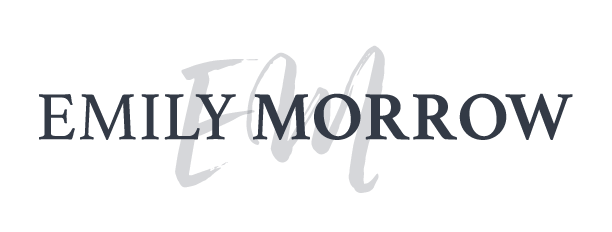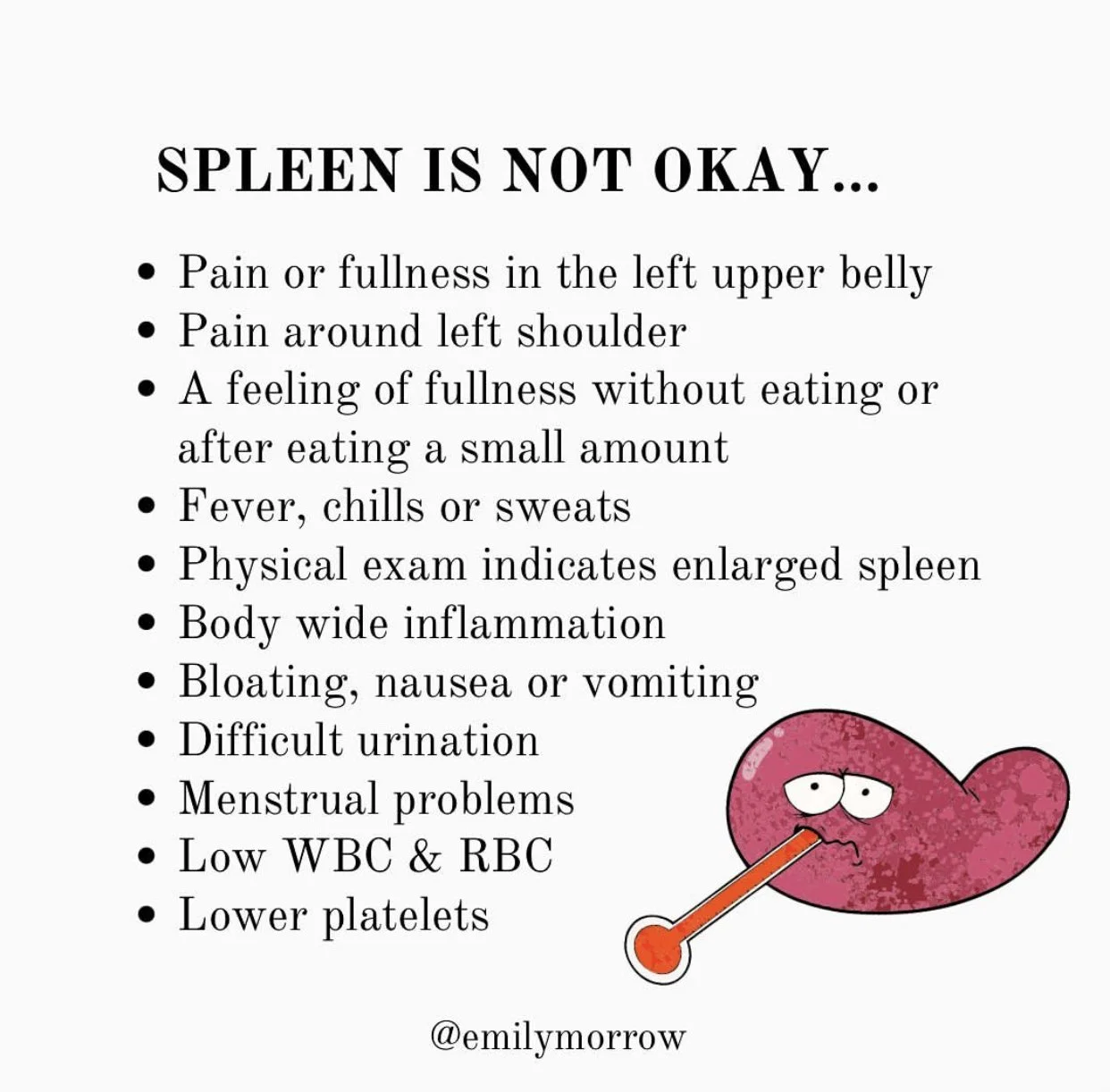The Liver: Roles, Signs of Dysfunction & Support
The liver is an important organ responsible for more than 500 tasks every day, yet overwhelmed with the toxic nature of our modern world, leading to a variety of symptoms and consequences such as fatigue, anger or mood changes, insomnia or waking around 3am, acne, MCAS, allergies, histamine intolerance, hormonal imbalances, PMS, bloating, congestion, weight gain, yellowing of the eyes or skin, recurring candida or yeast infections, parasites, eczema, fibrocystic breasts, hypertension, kidney issues, headaches, bad breath, constipation, sensitivity to the environment or chemicals, hives, indigestion, joint pain, nausea, leaky gut, brain fog, etc. Luckily, the liver is the most regenerative organ in the entire body.
The Liver: The Grand Central Station of the Body
In our modern day world, we are exposed to hundreds, if not hundreds of thousands toxins throughout our lifetime. All of these must make their way through the grand central station of the body— the liver. “You likely encounter toxins such as pesticides and air pollutants daily in your food and the environment. Other toxins are generated internally by normal bodily processes and microbes. If your liver isn’t working well, harmful compounds can pile up in your body.” - Source
The liver is so crucial that while you can live with part of a liver, you can't live without any liver at all. Without a liver, the blood can not clot properly and toxins and chemical and drugs and anything that passes through digestion will build up in the blood. In fact “The liver acts as a secondary ‘firewall,’ protecting the body against the harmful pathogens and other microbial products that may have snuck past the primary barrier of the gut “walls.” - Allergy Research Group
The liver has 3 phases of detox to remove toxins, metals, drugs, pesticides, chemicals, artificial hormones, excess hormones, etc.
Phase 1— breaks down toxins and turns lipid (fat) soluble toxins into water soluble toxins through Cytochrome P450 Enzymes so that the body can eliminate them
Phase 2— through conjugation (aka to join together), the liver cells attach a molecule such as cysteine, glycine or sulfur to the toxic chemical or drug, to make it less harmful for the body
Phase 3— eliminates through urine via kidneys/bladder, sweat and stool
A great image from Kith & Kin Wellness explaining the phases of liver detox and the nutrients needed as co-factors; note there is quite a few which is why a diverse diet is so important with proper gut function to actually absorb the nutrients. Leaky gut is a massive issue that leads to liver issues.
What Reduces Liver Function?
Poor Diet, Alcohol, Sedentary Lifestyle
Heavy Metals
Mineral Deficiencies or Imbalances
Excess Hormones (not detoxed properly)
Parasites (Liver Flukes)
Glyphosate, Herbicides & Pesticides
Toxins, Chemicals & Xenoestrogens
Mold & Mycotoxins
EBV
Stress
Liver Supports
Minerals & Vitamins
Magnesium— supplementation can not only preserve liver function, but also slow the progression of liver disease, and reduce the mortality associated - source
Selenium— supplementation has been shown to improve liver function by reducing serum AST and ALT levels - source
Molybdenum— co-factor for the sulfite oxidase enzyme, which converts sulfites into sulfates; fun fact— molybdenum can help with hangovers if their is a sulfite sensitivity - source
Zinc— pivotal role in enzyme functions as serves as a cofactor for methylation, which is crucial for optimal liver function - source
Chromium— balances the metabolic and clinical markers in nonalcoholic fatty liver disease - source
Additional nutrients such as methionine, B2, folate, B12, B6, and magnesium are required for optimal methylation in liver detox as well; see vitamins and mineral highlights on instagram
Liver Supportive Herbs and Supplements:
TUDCA
Schisandra
Rosemary
Choline— helps prevent bile from getting thick and sludgy
Liver Sauce, Quicksilver
Horsetail— may protect your liver.*
Taurine— helps increase the production of bile, which works to remove harmful toxins and chemicals; when bile is not regularly being cycled out, one is more prone to conditions like gallstones as well
Inositol— may help regulate liver and metabolic issues
Artichoke Leaf Extract— may protect your liver from damage and increase the production of bile, which helps remove harmful toxins from your liver; may help liver cells regenerate and has been studied to reduce total Cholesterol, LDL and Triglyceride labels in Non-Alcoholic Fatty Liver Disease (NAFLD)
Amino Acids— liver conjugation uses amino acids to neutralize the toxins they attach too; glycine and taurine are especially important and crucial for the formation of bile acids
Liver Loving Foods:
Beets
Olive Oil
Carrots
Garlic
Ginger
Avocado
Green Tea
Turmeric
Artichoke
Fish
Detoxing— whether that be parasites, metals, mold, chemicals, toxins, etc. since these all reduce the function of the liver (see wellness guide)
*A Doctor's advice should be sought before using any supplemental dietary product. These statements have not been evaluated by the FDA. These products and educational information is not intended to diagnose, treat, cure or prevent any disease.
A note on supplements: please do not buy just any supplements; please ensure they are good quality, preferably from an online dispensary or specialty grocery store.
References & Further Reading:
Functional Medicine Detox Phases 1, 2, and 3
Liver Detox: Phases that Effectively Detox Your Liver











